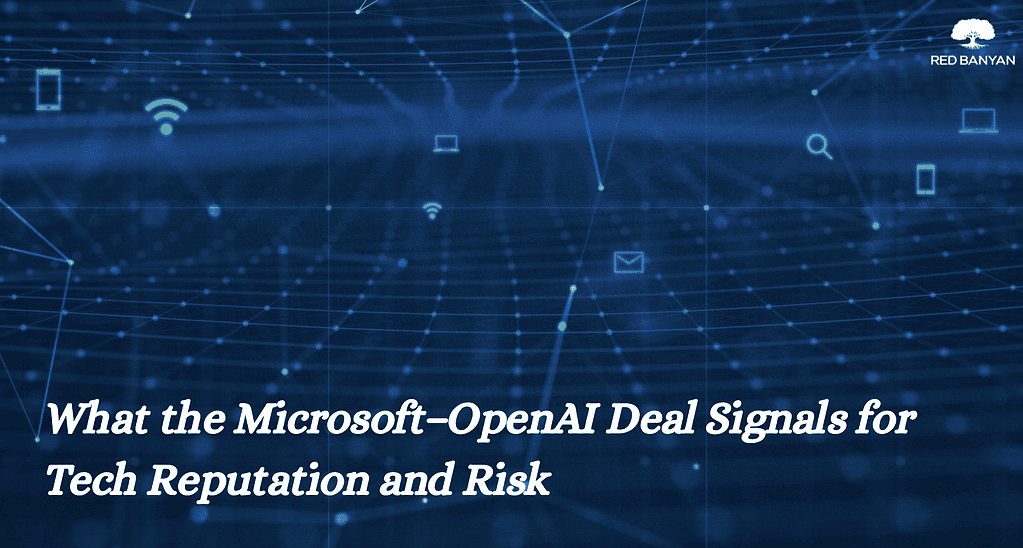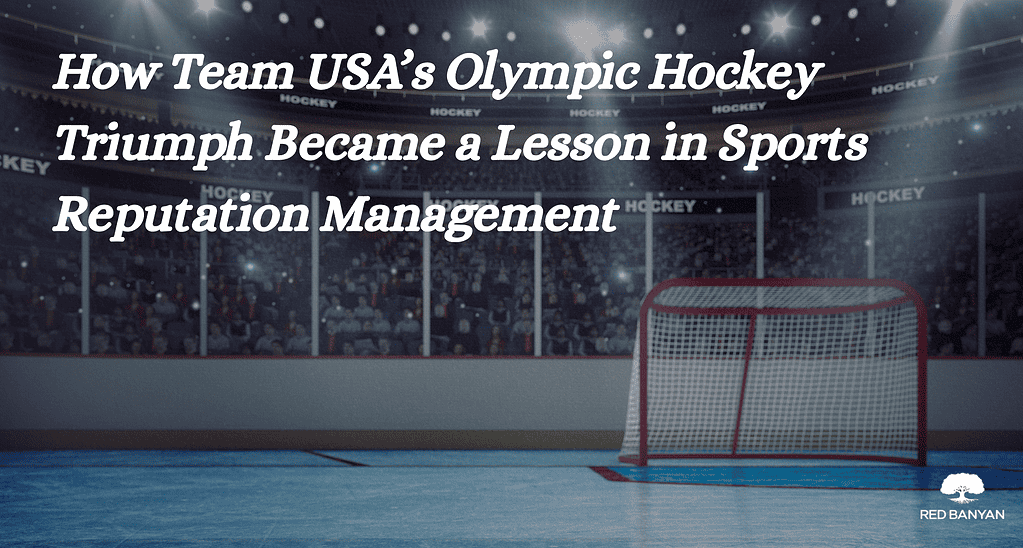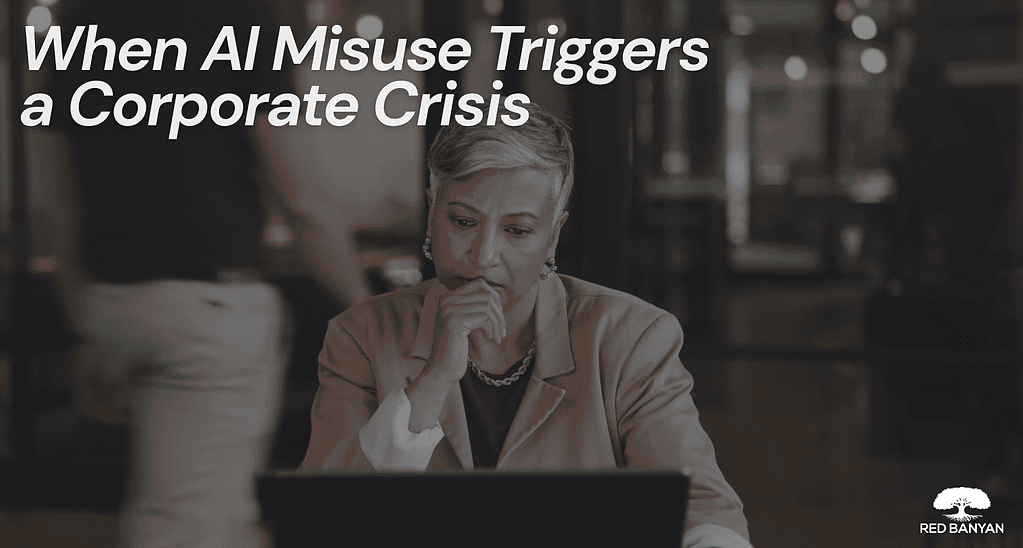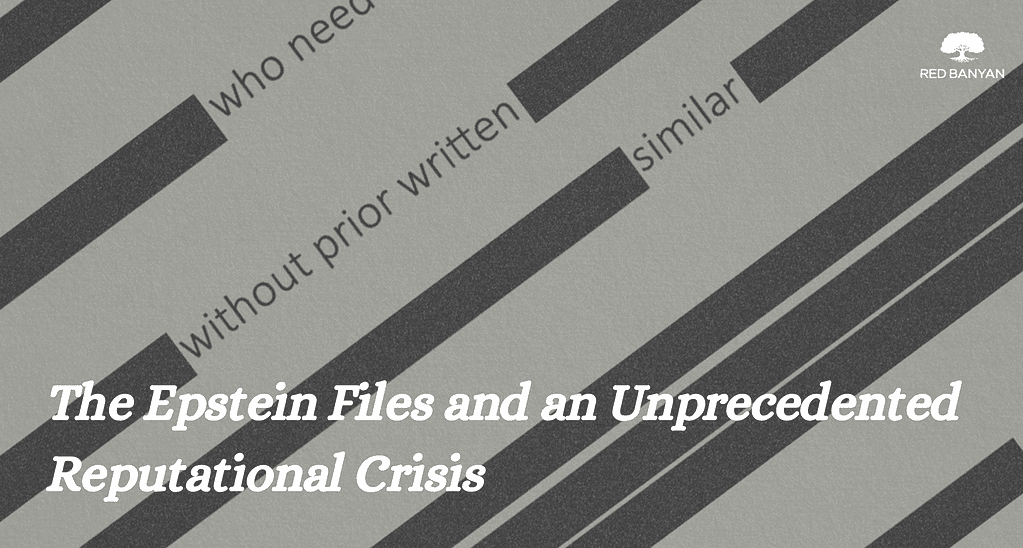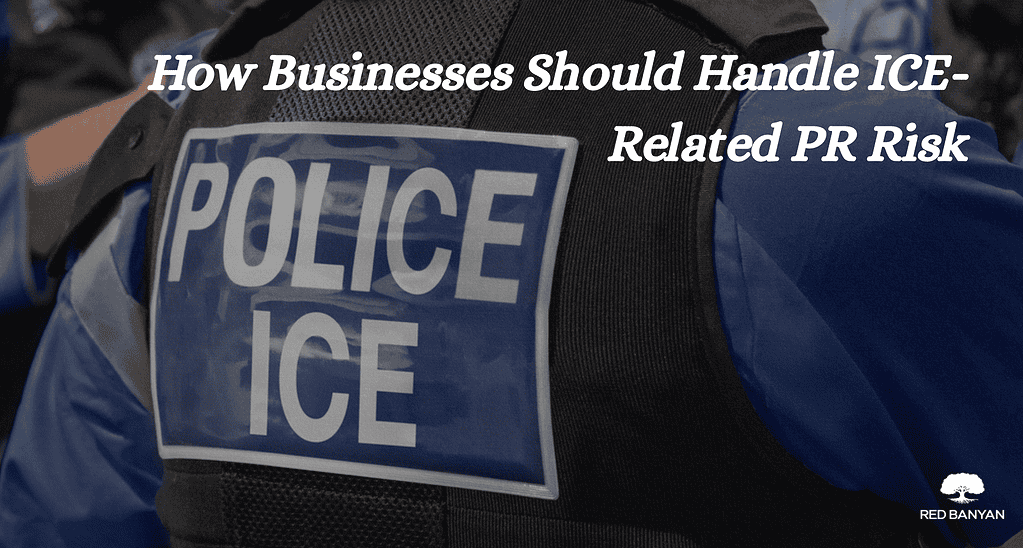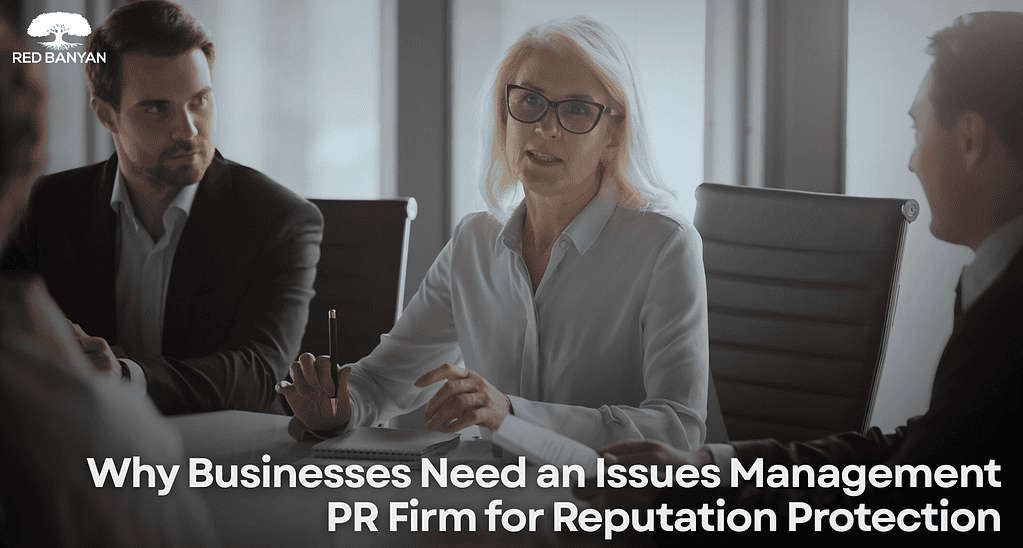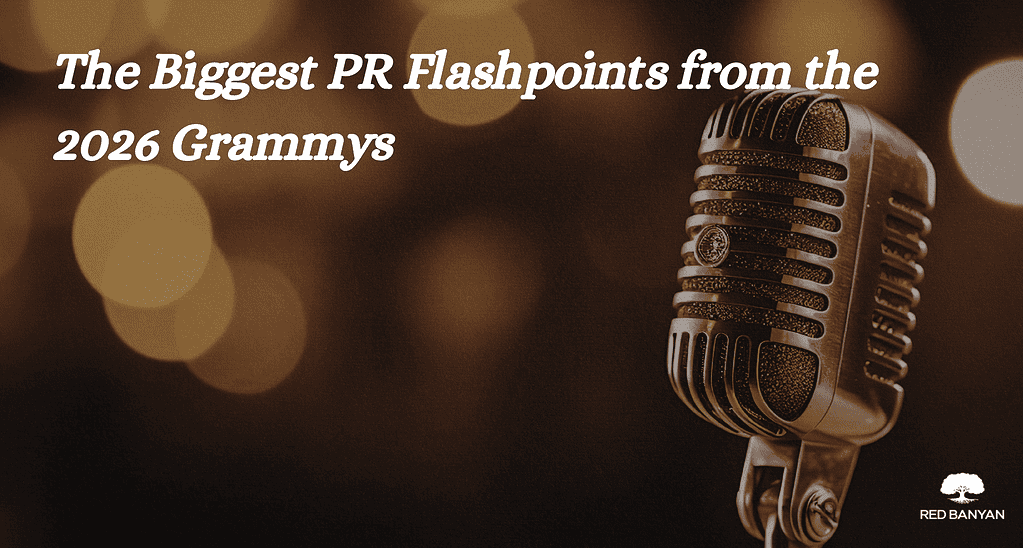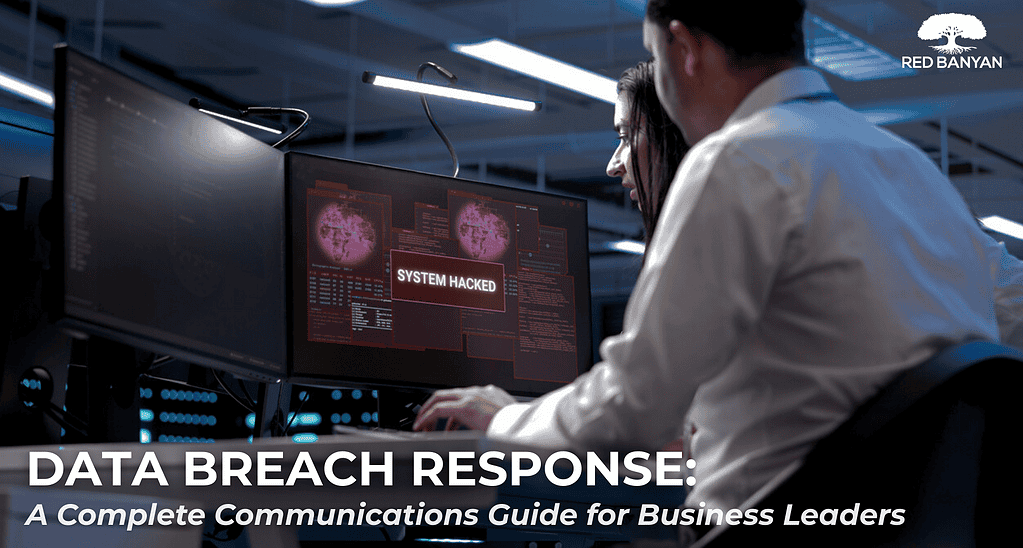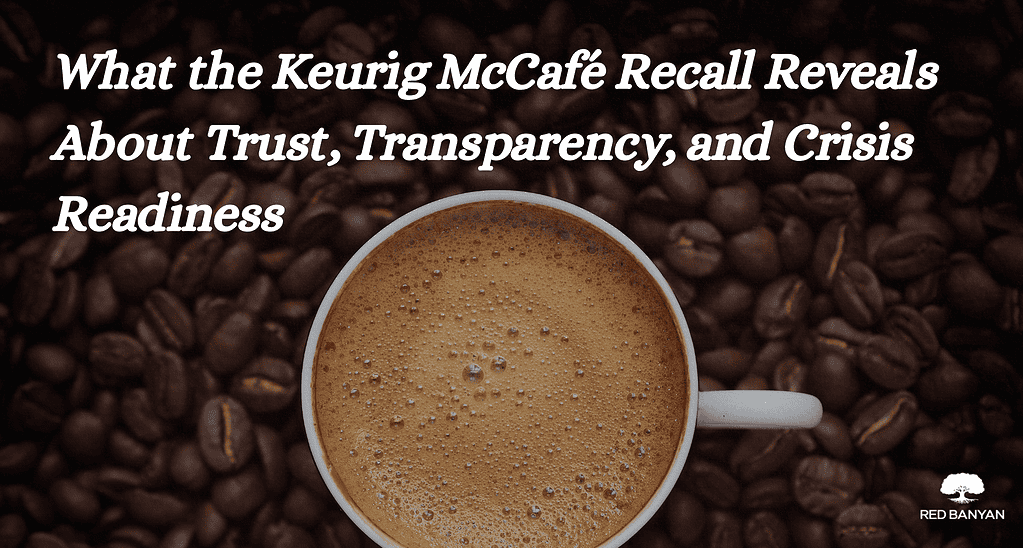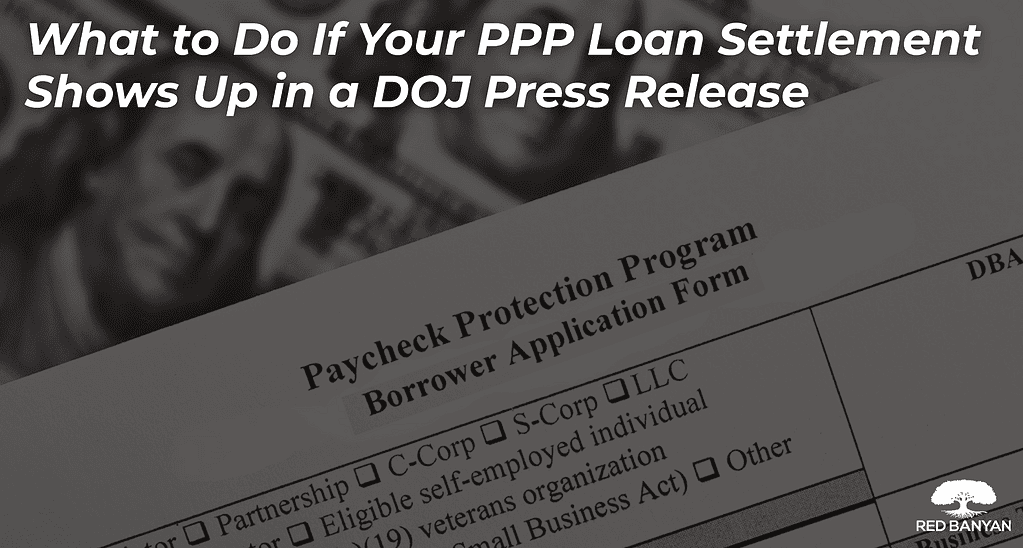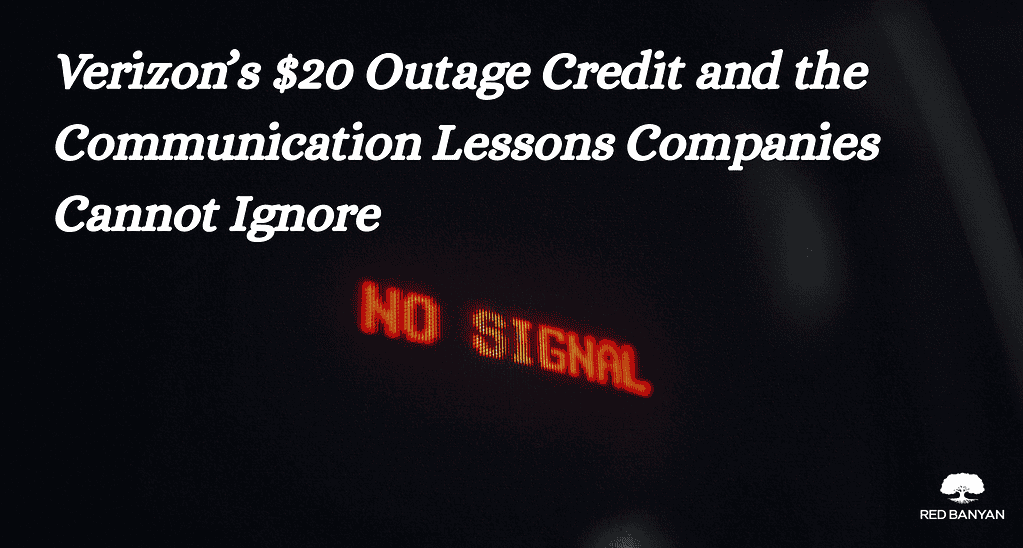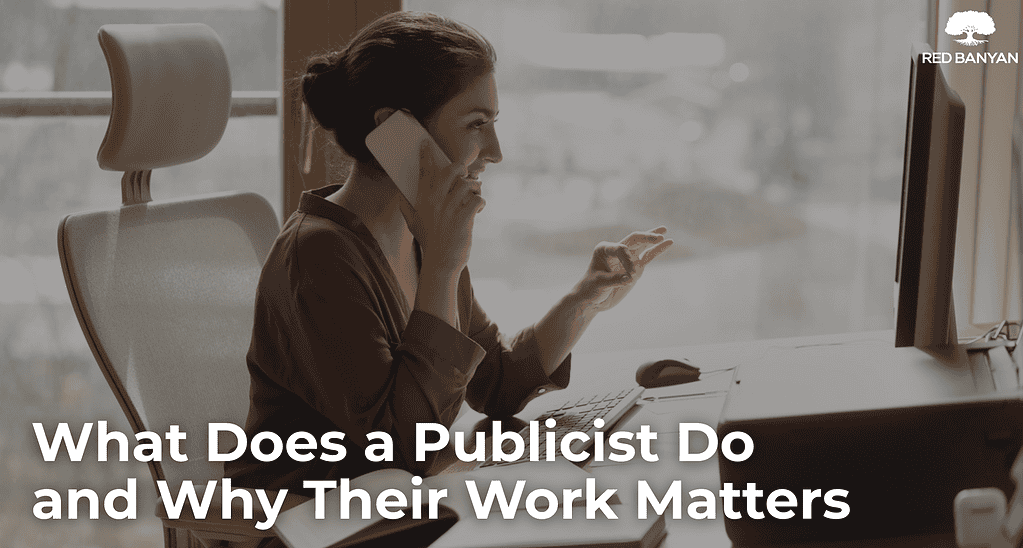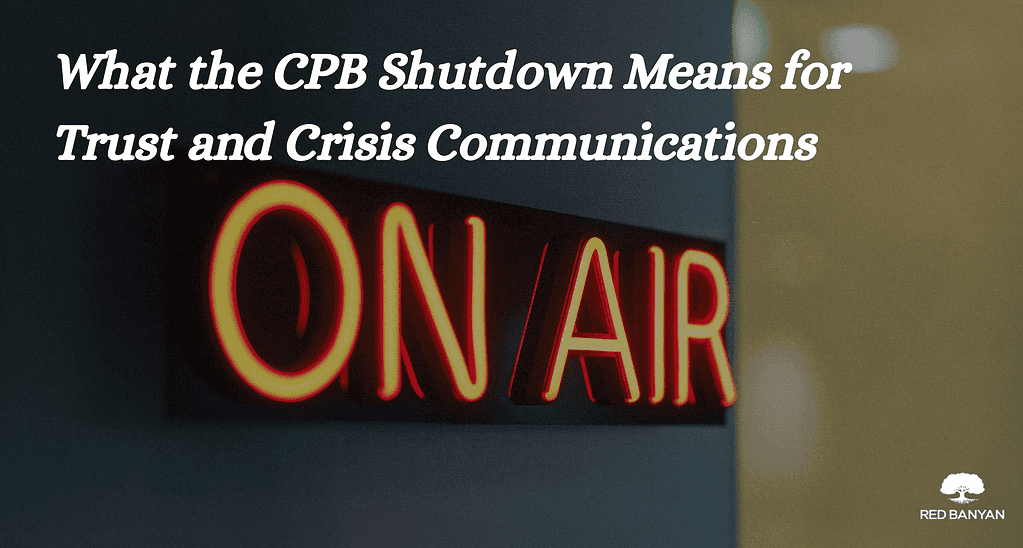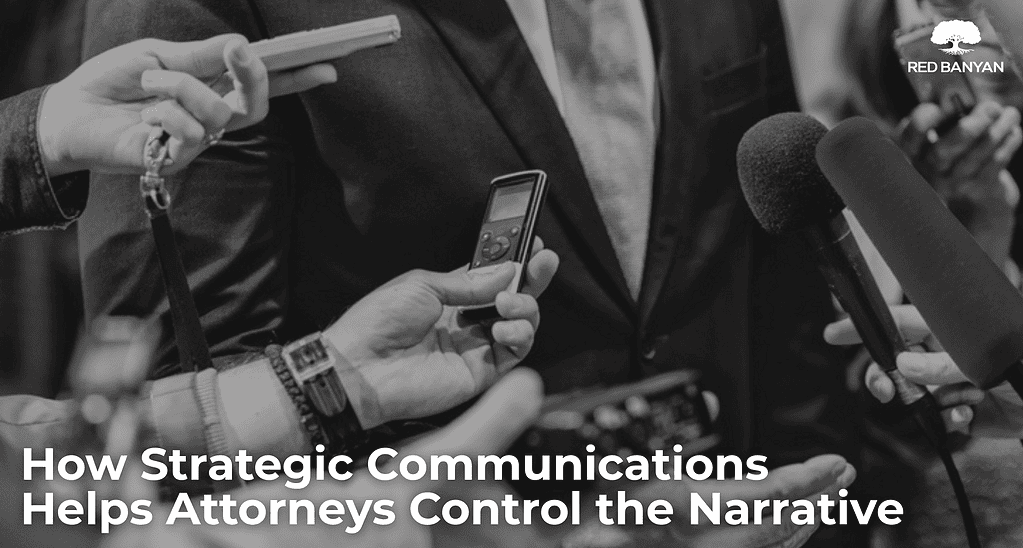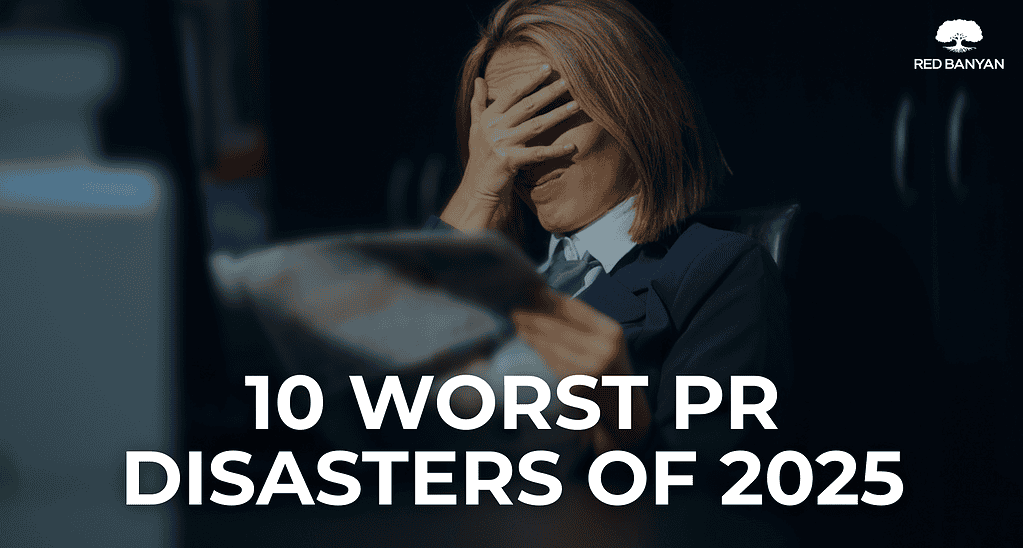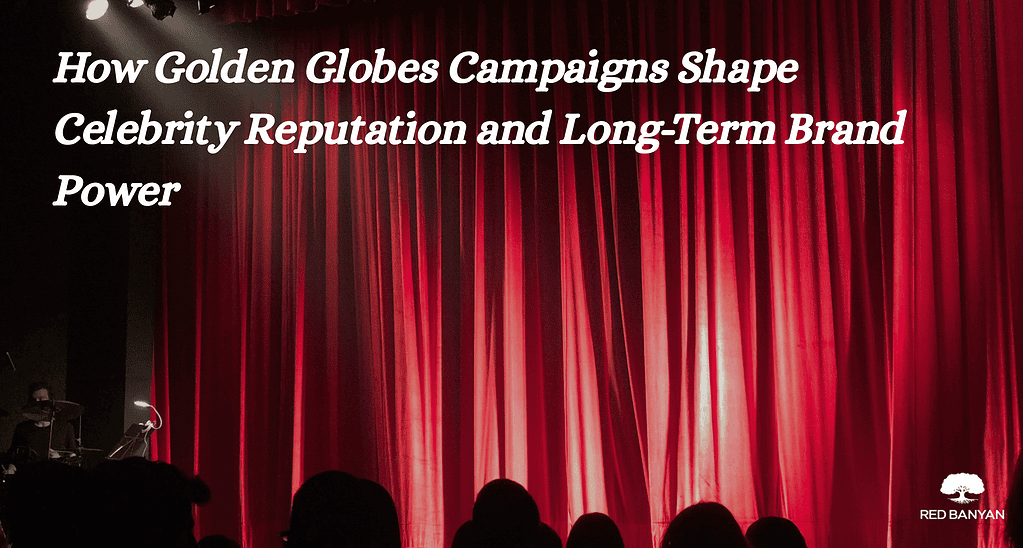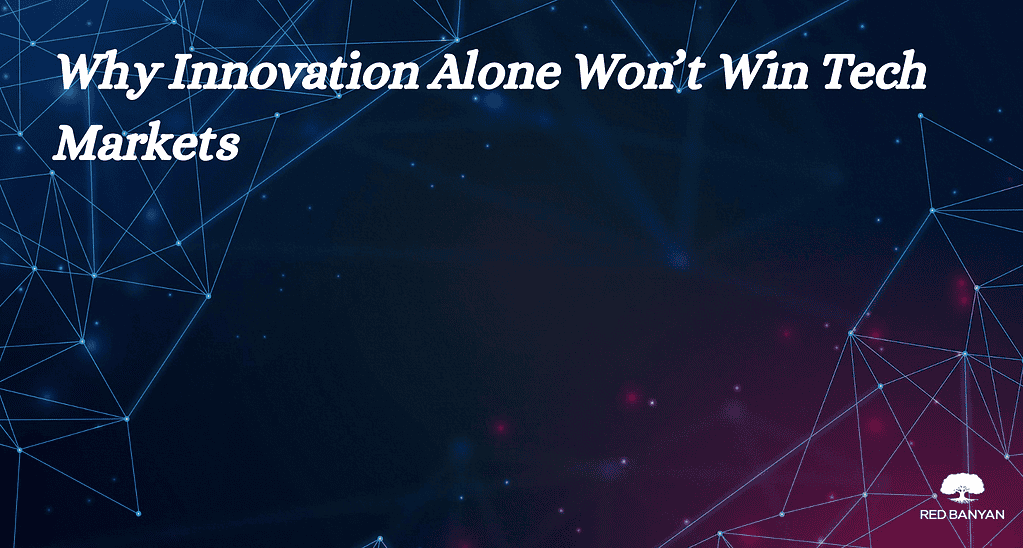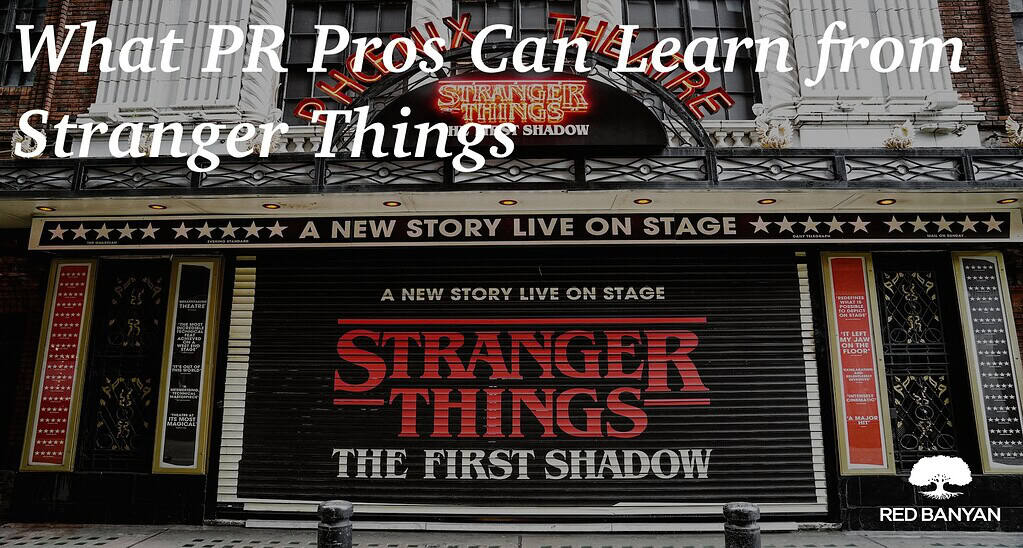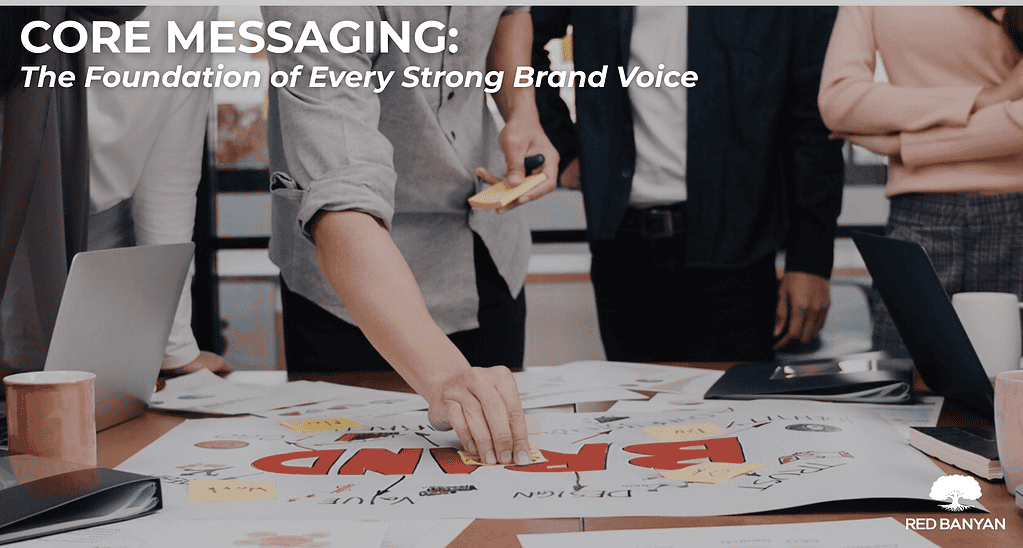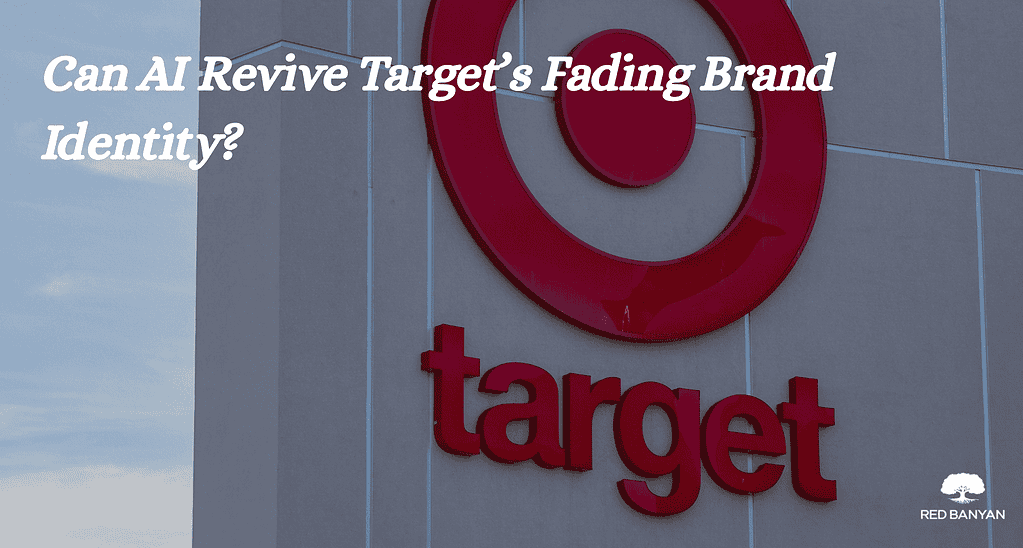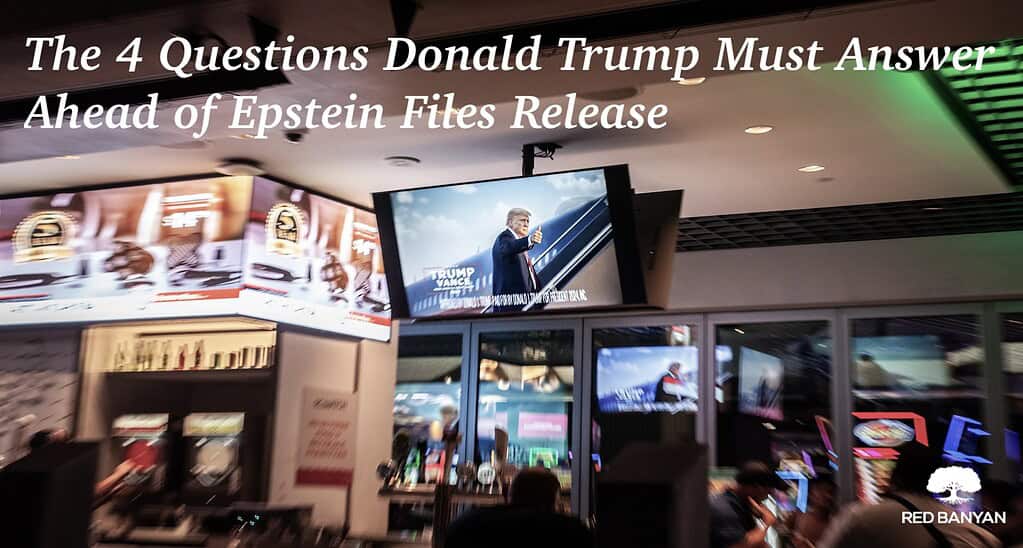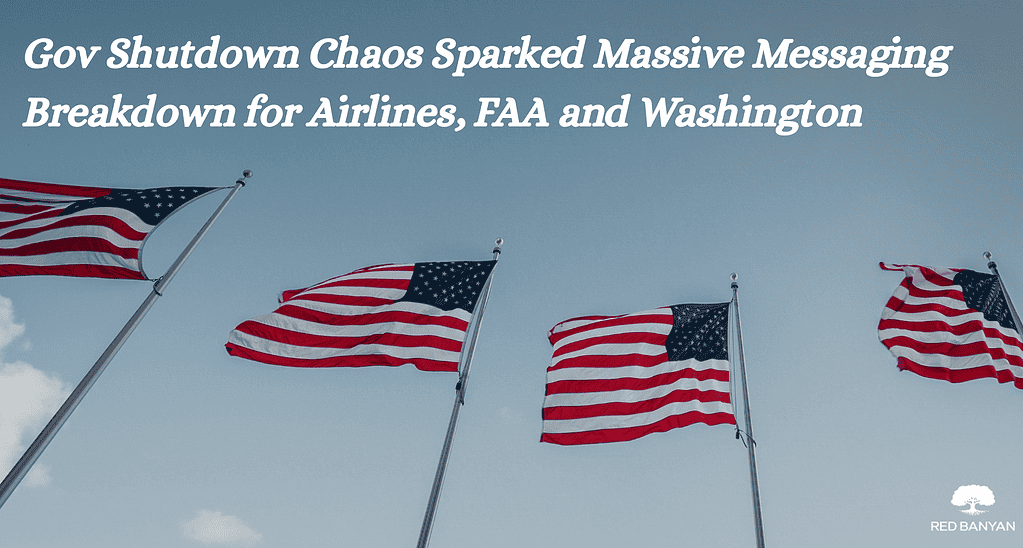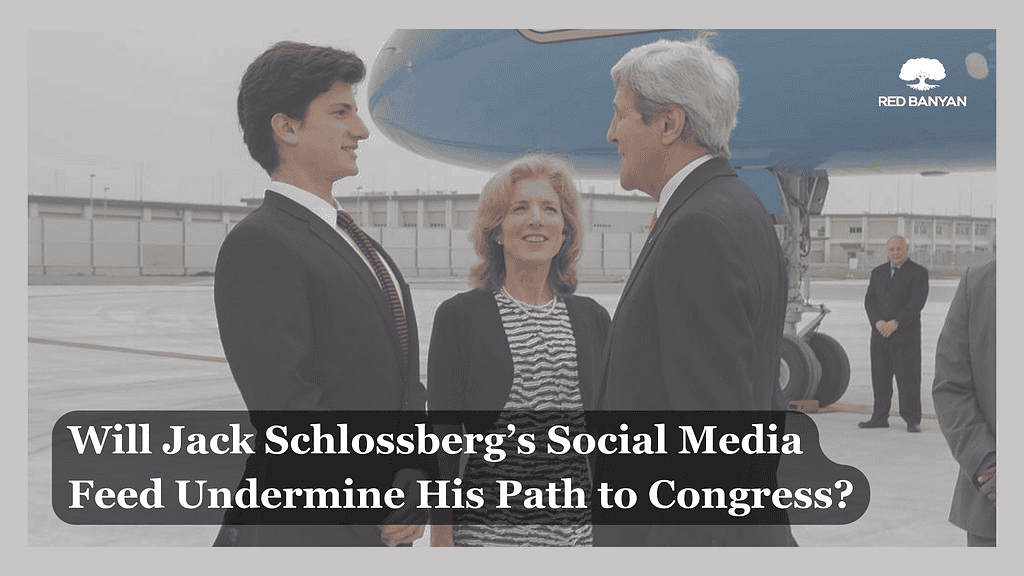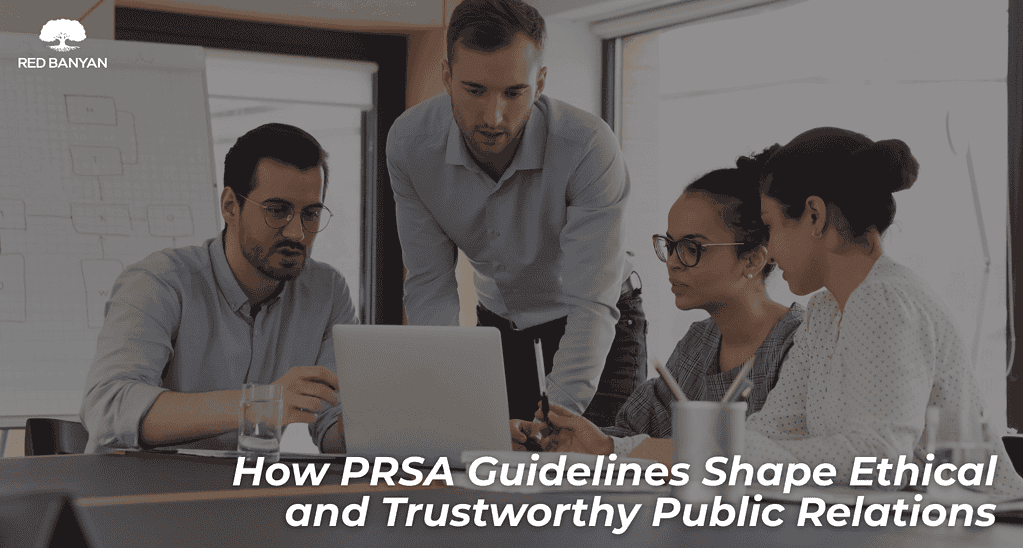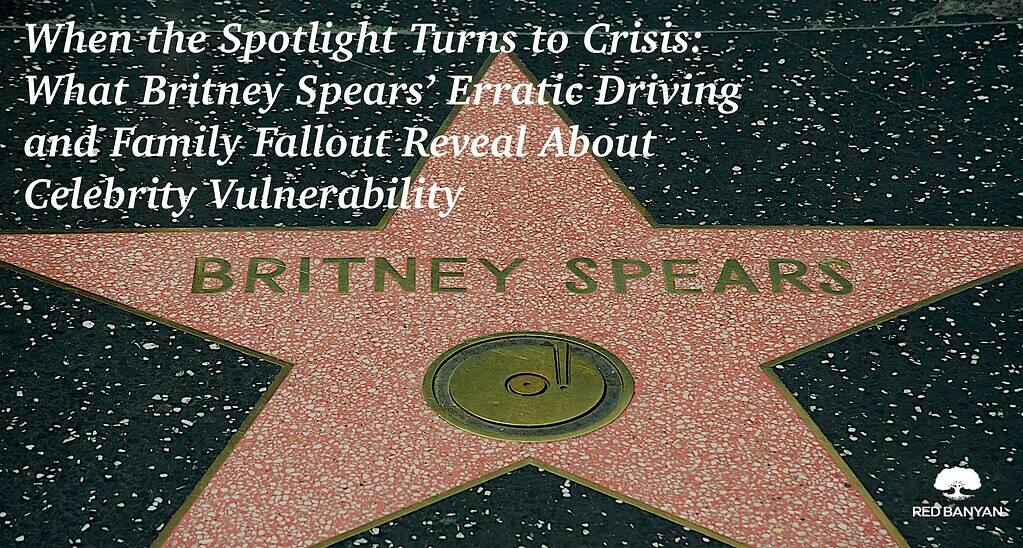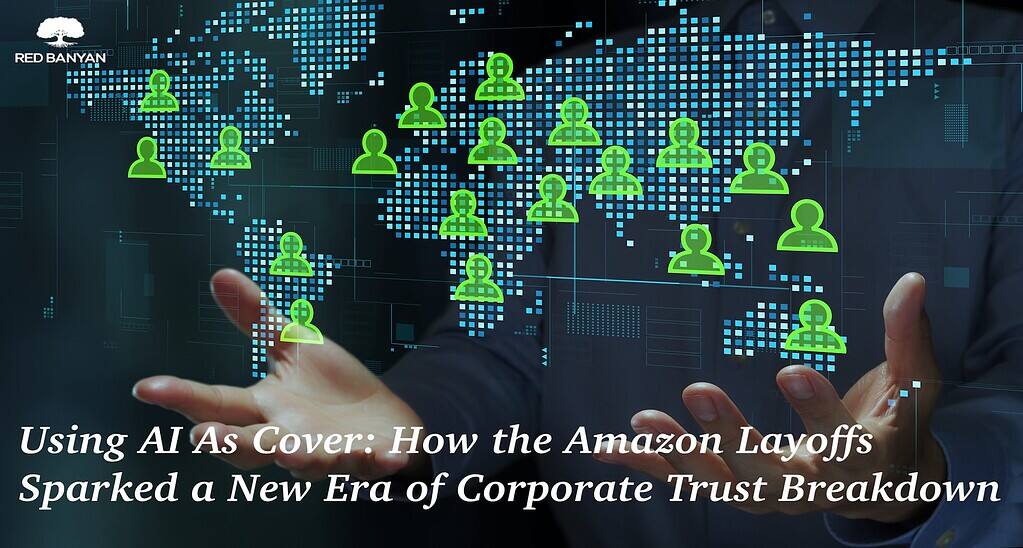On October 28, 2025, Microsoft and OpenAI completed a restructuring deal that reshapes AI governance and corporate accountability. Microsoft now holds a 27% stake valued at $135 billion in OpenAI’s newly formed public benefit corporation, while OpenAI transitions from nonprofit to a $500 billion commercial entity.
This deal reveals critical lessons about reputation management and crisis communications in the AI era.
What Is the Microsoft OpenAI Partnership Deal?
The restructuring resolves nearly a year of negotiations. OpenAI becomes OpenAI Group PBC, controlled by the OpenAI Foundation (nonprofit), which holds a 26% stake worth $130 billion. Microsoft’s 27% stake makes it the largest external shareholder.
Key terms:
- Microsoft retains IP rights to OpenAI models through 2032, including post-AGI technology
- AGI claims require independent expert panel verification
- OpenAI commits $250 billion in Azure cloud purchases
- Both companies can pursue AGI development independently
- Microsoft has no rights to OpenAI consumer hardware
For Microsoft, the deal transforms a $13.8 billion investment into nearly ten times that value.
Why Did OpenAI Change From Nonprofit to For-Profit?
OpenAI was founded in 2015 as a nonprofit AI safety organization. However, AI development requires massive capital. The hybrid structure lets the nonprofit maintain control while the for-profit arm raises capital more easily.
But this creates reputational risk. When mission-driven organizations commercialize, public skepticism follows. The challenge is maintaining trust in the safety mission while operating as a half-trillion-dollar company.
What Are the Reputation Risks in AI Development?
The year-long negotiation and independent AGI verification requirements reveal trust deficits. OpenAI’s value grew from nearly zero to $500 billion in under a decade, driven as much by narrative as technology. When narratives fray, reputational foundations shake.
Three critical risks emerge. First, mission credibility during commercialization becomes questionable when quarterly earnings pressure meets safety considerations. Will the nonprofit control narrative hold? Trust erodes when commercial interests override stated values. Second, strategic partners are becoming competitors. Microsoft and OpenAI can now pursue AGI independently, signaling fragile alignment. Every product launch tests whether cooperation or competition defines the relationship. Third, public benefit promises must match performance. OpenAI must repeatedly demonstrate that commitments translate into measurable action, not just legal structures.
How Should Companies Manage AI Reputation and Communications?
Companies should focus on four key areas. First, translate complexity into clarity. If your structure requires paragraphs of explanation, you have a messaging problem. Second, build third-party verification into credibility. The independent AGI verification panel acknowledges self-certification isn’t credible. External verification is now reputational necessity. Third, move faster than the crisis. The year-long negotiation became its own story. Proactive communication shapes perception and manages expectations. Finally, prove transparency through action. Every decision becomes a referendum on whether you mean what you say. Reputation builds in the gap between promise and performance.
Reputation as Strategic Infrastructure
Microsoft’s 4% stock jump suggests Wall Street approval, but public trust is harder to earn and easier to lose. In the AI era, reputation is core infrastructure for governing transformative technology.
For communicators and business leaders: when innovation moves faster than regulation, and one messaging misstep can reshape public trust overnight, proactive reputation management isn’t optional. The companies that succeed will pair technological ambition with transparency, verification, and accountability from day one.
Is your organization prepared for the reputational challenges of rapid innovation? Red Banyan’s crisis response management team helps tech leaders build proactive communication strategies before challenges become crises. Contact us today.

